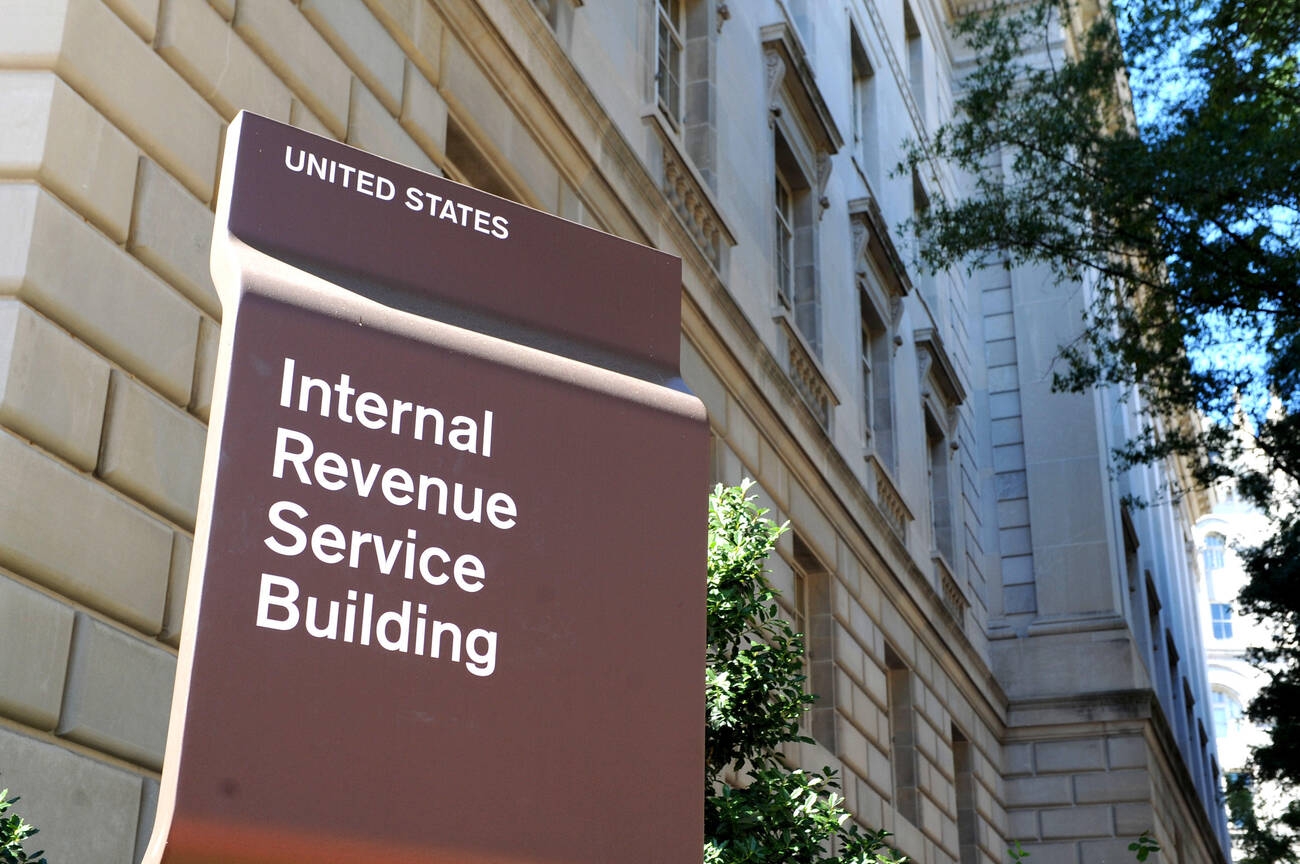The IRS announced three pilot programs on Jan. 15 that will test changes to the agency’s existing alternative dispute resolution (ADR) programs.
IRS ADR programs offer taxpayers the opportunity to expedite the administrative resolution of their tax disputes, provide finality, and eliminate the burden and need for costly litigation.

“The IRS has been revitalizing existing ADR programs as part of IRS transformation efforts in alignment with the IRS Strategic Operating Plan,” Elizabeth Askey, chief of the IRS Independent Office of Appeals, said in a statement. “We’re committed to providing taxpayers who wish to resolve their issues without litigation a choice of effective and efficient ADR options as early as possible.”
The pilot programs announced by the IRS on Wednesday focus on Fast-Track Settlement (FTS), which allows Appeals to mediate disputes between a taxpayer and the IRS while the case is still within the jurisdiction of the examination function, and Post-Appeals Mediation (PAM), in which a mediator is introduced to help foster a settlement between Appeals and the taxpayer.
“The IRS has historically made ADR available at various stages of the administrative process. Because ADR can be a quicker, more collaborative, and cost-effective approach to case resolution, we have been working to improve ADR functionality and emphasizing its benefits,” said Michael Baillif, director of Appeals’ ADR Program Management Office. “By increasing awareness, changing, and revitalizing existing programs and piloting new approaches, we hope to make our ADR programs, such as Fast-Track Settlement and Post-Appeals Mediation, more attractive and accessible for all eligible parties.”
Among other things, the FTS and PAM pilots:
Align the Large Business and International (LB&I), Small Business and Self-Employed (SB/SE), and Tax Exempt and Government Entities (TE/GE) divisions in offering FTS on an issue-by-issue basis. Previously, if a taxpayer had one issue that was ineligible for FTS, the entire case was ineligible. The pilot program increases ADR availability and flexibility by allowing FTS for single issues.
Provide that requests to participate in FTS and PAM won’t be denied without the approval of a first-line executive. This helps ensure a more consistent and deliberate consideration of FTS and PAM requests, the IRS said.
These first-line executives include but are not limited to:
- For Appeals: Director, Examination Appeals; Director, Collection Appeals; Director, Specialized Examination Program & Referrals
- For LB&I: Director, Field Operations
- For SB/SE: Area Director, Field Examination; Director, Specialty Tax
- For TE/GE: Director, Exempt Organizations (EO) Examinations; Director, EO Rulings & Agreements; Director, Government Entities; Director, Employee Plans (EP) Examinations; Director, EP Rulings & Agreements.
Clarify that when requests for FTS or PAM are formally denied, taxpayers will receive an explanation for the denial. This facilitates transparency in the ADR process, even when acceptance of a request isn’t feasible.
A third pilot, Last Chance FTS, is a limited scope SB/SE pilot in which Appeals will call taxpayers or their representatives after a protest is filed in response to a 30-day or equivalent letter to inform taxpayers about the potential application of FTS to their case, the IRS said. This pilot won’t impact eligibility for FTS but will test the awareness of taxpayers in the pilot group regarding the availability of FTS and measure the extent of participation when taxpayers are reminded of their FTS options immediately prior to the case entering Appeals’ jurisdiction.
The IRS is also considering removing the limitation that participation in FTS would preclude eligibility for PAM. Eliminating this restriction on PAM eligibility encourages the use of ADR options, the agency said.
These proposed ADR enhancements take into account recommendations from the U.S. Government Accountability Office and the Taxpayer Advocate Service, as well as input from both internal and external stakeholders who provided suggestions in response to a public comment period in 2023. The traditional appeals process remains available for all taxpayers, the IRS said.
Additional improvements in various ADR programs are under development and will be rolled out as they’re finalized.
General inquiries regarding ADR can be addressed to the ADR Program Management Office at ap.adr.programs@irs.gov. Questions or comments regarding the changes being piloted, including suggested improvements to make FTS and PAM more useful and effective, can be submitted as instructed in Announcement 2025-06.
Thanks for reading CPA Practice Advisor!
Subscribe Already registered? Log In
Need more information? Read the FAQs




